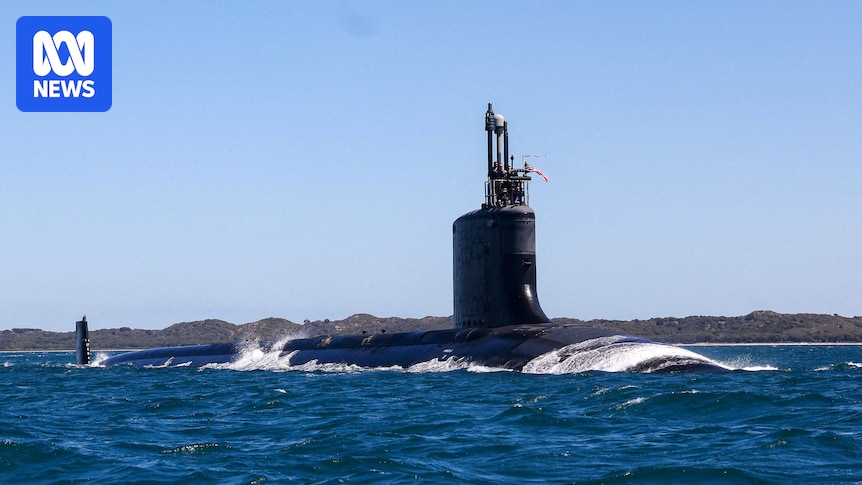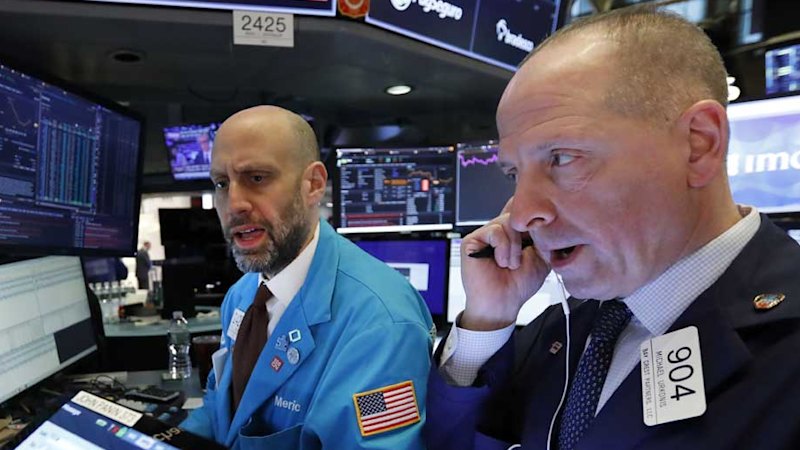
The United Kingdom and Australia are set to fortify their AUKUS submarine pact with a new five-decade treaty, aiming to enhance shipbuilding capabilities in both nations. This move comes as the Trump administration continues its scrutiny of the ambitious technology-sharing agreement.
The announcement is anticipated to be made by Foreign Minister Penny Wong and Defence Minister and Deputy Prime Minister Richard Marles, alongside their British counterparts David Lammy and John Healey, following the annual AUKMIN talks in Sydney. The formal signing will take place tomorrow in Geelong, within Mr. Marles’ electorate.
Details of the Treaty
While the full details remain under wraps, the treaty is expected to encompass the “full breadth” of cooperation between the UK and Australia for the development of the next-generation AUKUS nuclear-powered submarines. This includes workforce development and the establishment of necessary infrastructure in Australia to operate and sustain these advanced military platforms.
In a statement, Mr. Healey described the treaty as “historic,” emphasizing its role in securing the AUKUS commitment for the next half-century. He projected that the agreement would generate over $40 billion in exports for the UK over 25 years.
“Through the treaty, we are supporting high-skilled, well-paid jobs for tens of thousands of people in both the UK and Australia,” Mr. Healey stated.
Strategic Implications and Expert Opinions
Foreign Secretary David Lammy highlighted the unique nature of the UK-Australia relationship, noting its significant impact on global peace and prosperity amidst a volatile world. He stated that the new bilateral AUKUS treaty embodies this partnership, aiming to safeguard a free and open Indo-Pacific while promoting growth for both countries.
Euan Graham from the Lowy Institute commented on the treaty’s significance, suggesting it reflects the essential UK-Australia component of the AUKUS arrangement. “The UK Labour government has affirmed its strong commitment to AUKUS, viewing it as a means to expand the Royal Navy’s submarine force,” he noted.
“The first SSN-AUKUS won’t be completed for another 12 years at the earliest, but this treaty should enable a greater level of synchronisation,” Graham added.
While Australia has committed to constructing all AUKUS submarines domestically, Graham advised that the government should remain open to potential construction in the UK to balance timely delivery.
Challenges and Future Considerations
The announcement comes amid ongoing deliberations by the Trump administration regarding the AUKUS pact. Elbridge Colby, a top US Defence official, has expressed concerns about the potential sale of Virginia Class submarines to Australia, citing national security implications.
Despite these challenges, a UK government official assured that both governments are sending a “clear and obvious” signal of unwavering support for AUKUS.
“Supply of the Virginia class of submarine has been a sticking point between Australia and the US,” noted a source, highlighting ongoing negotiations.
Australia has already committed over $4 billion to bolster submarine production in the UK, with plans to co-design the next-generation AUKUS submarine and develop small-scale nuclear reactors for their propulsion.
Broader Context and Historical Parallels
The UK’s political commitment to AUKUS remains steadfast, despite challenges within its shipbuilding industry, including cost overruns and delays. The visit of the UK aircraft carrier HMS Prince of Wales to Australia, participating in the Talisman Sabre military exercises, underscores the UK’s resolve to maintain a presence in the Indo-Pacific region.
This visit marks the first time in over two decades that a UK aircraft carrier has docked in Australia, symbolizing Britain’s dedication to its Indo-Pacific strategy amidst global geopolitical tensions, particularly following Russia’s invasion of Ukraine.
As the treaty is formalized, both nations look forward to a strengthened alliance that not only enhances their naval capabilities but also fortifies their strategic partnership in an increasingly complex global landscape.







